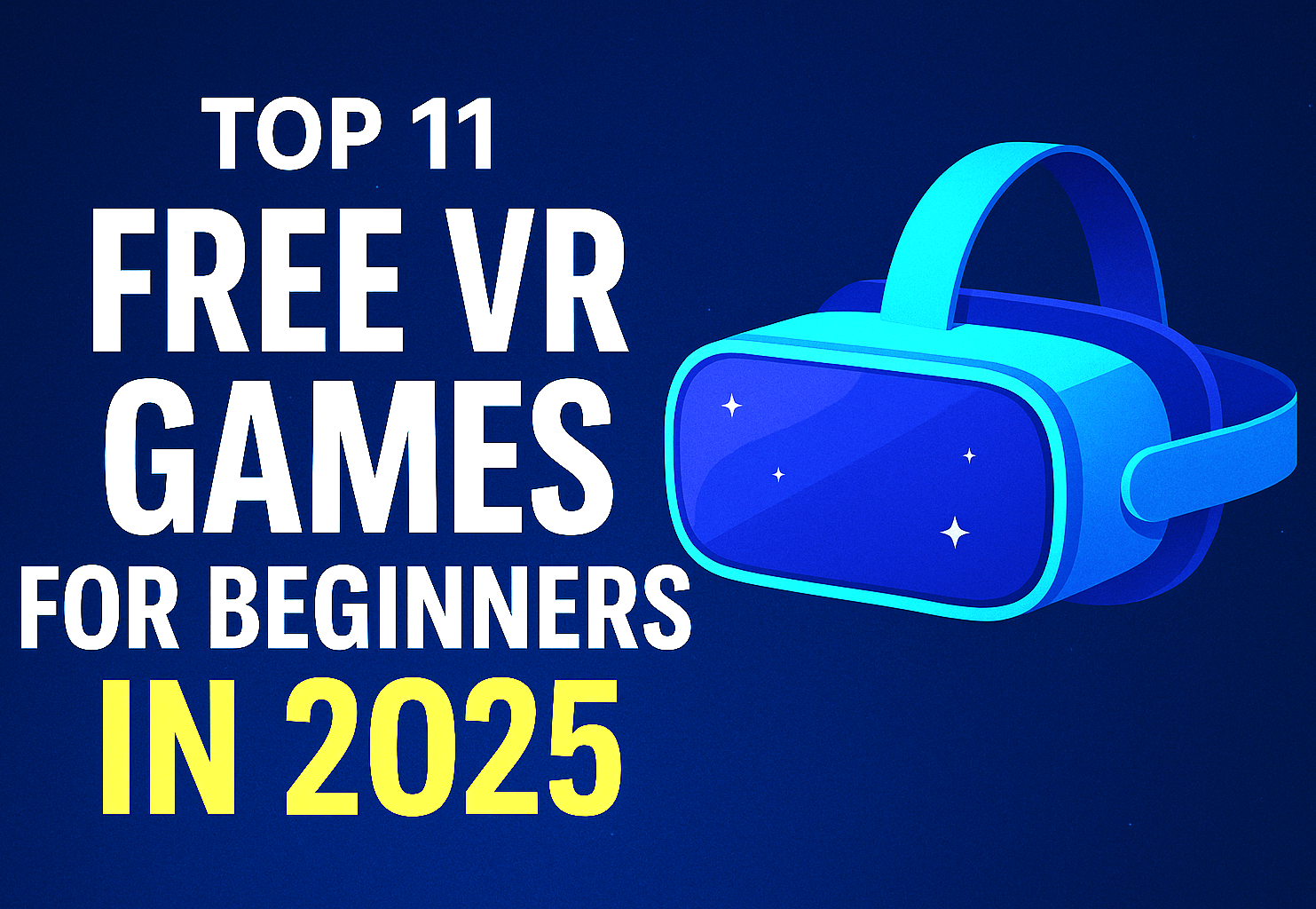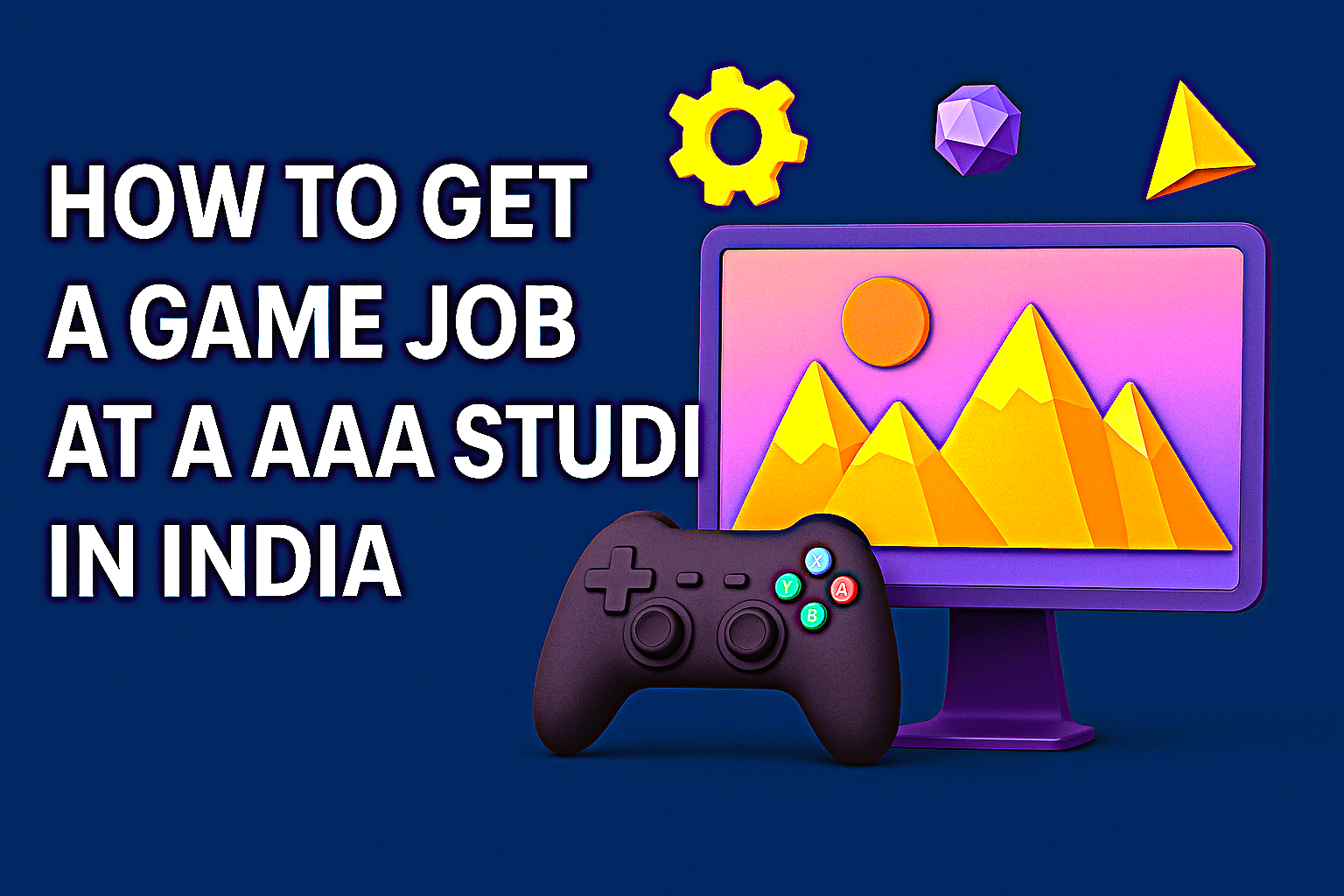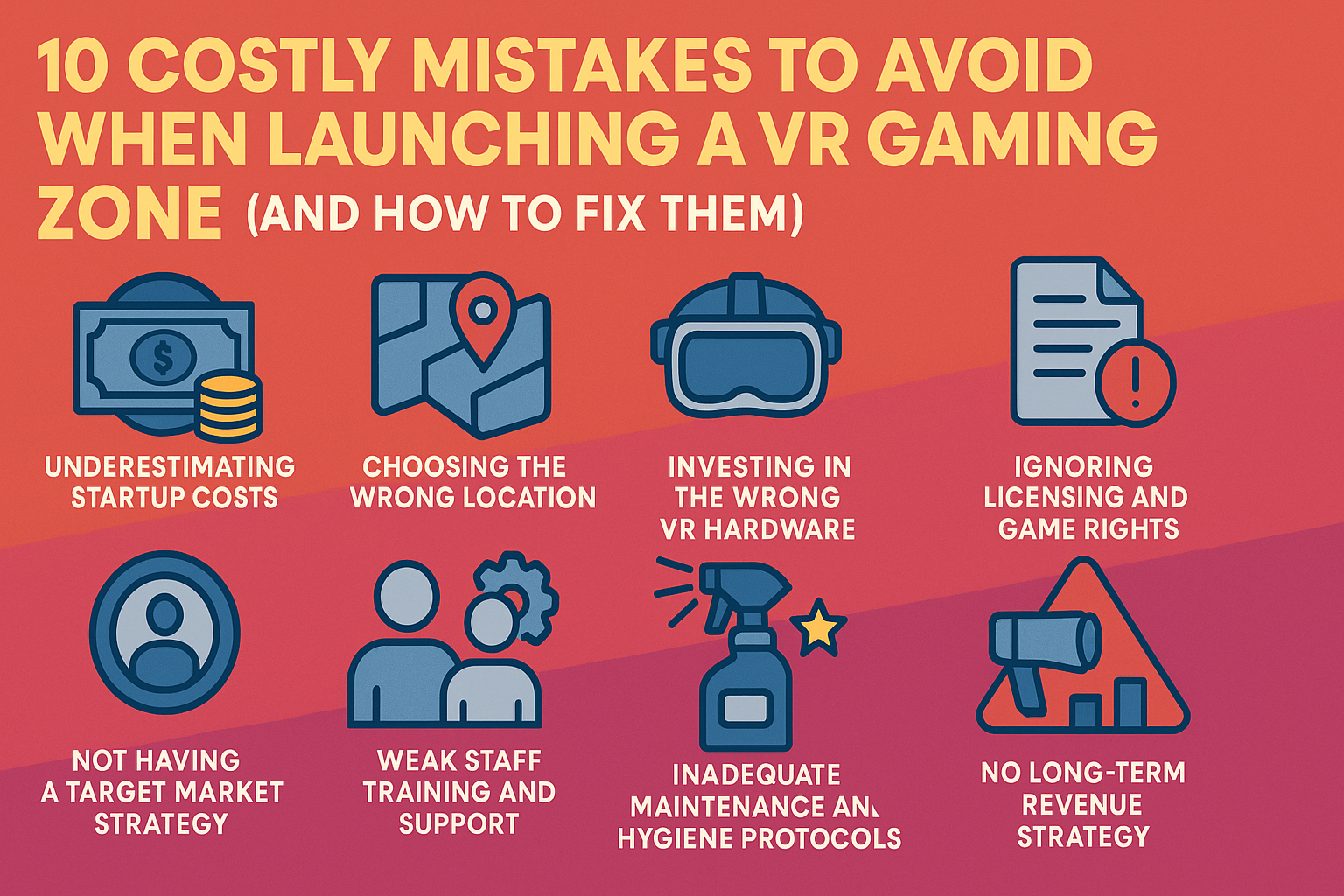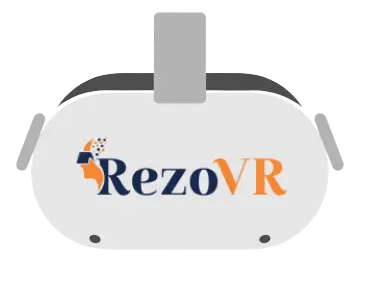Introduction
Unity is a top choice for game development, XR design, and interactive simulations. However, simply following tutorials may not provide a comprehensive understanding. You might not grasp how real games or tools are structured. Exploring Unity open-source projects can enhance your learning experience significantly.
Open-source projects, including many Unity open-source projects and assets, can be your secret weapon. By studying and dissecting actual working projects, you get a real sense of how everything works together. This includes code architecture, assets, scene management, UI logic, and more.
A great place to find these projects is the Awesome Unity Open Source on GitHub. It’s curated by developers and includes some of the most useful Unity projects today. Whether you’re a beginner or an XR creator, there’s something for everyone.
For those eager to learn, exploring various Unity open-source projects on platforms like GitHub is invaluable.
Why This Repo Is a Big Deal
Unity Open Source Projects: Unlocking New Learning Opportunities
This GitHub repo is highly curated. Each project listed has been vetted for quality, usability, and community value. This means you spend less time filtering through junk and more time learning or building.
Key highlights of the repository include:
- High-quality, community-curated Unity projects
- Categorised by domain (games, AI, tools, shaders, etc.)
- Actively maintained or historically significant repos
- 100% free and open-source (most under MIT or permissive licenses)
This repo is ideal for:
- Developers looking to accelerate prototyping
- Students seeking solid codebases for learning
- XR/VR professionals exploring immersive frameworks
- Indie studios are building production-ready tools
What You’ll Find Inside
Full Game Projects
These are complete Unity games you can download, run, and tweak. They range from simple 2D platformers to complex 3D first-person shooters. You can learn about player movement scripts, camera systems, animation controllers, enemy AI, and more.
AI & Gameplay Logic
AI is often where tutorials fall short. These open-source Unity projects implement pathfinding, state machines for NPCs, decision trees, and even behavior trees. This category is a must-visit if you’re working on any game or simulation that includes bots or non-player agents.
Graphics & Rendering
Unity’s rendering capabilities are powerful, but underutilised by beginners. In this section, you’ll find examples of URP/HDRP implementation, custom shaders, and lighting setups. Want to add stylised visuals, water simulation, or toon shading to your project? These repos offer production-ready samples.
Tools & Editors
Unity isn’t just for games—it’s also a brilliant tool for building… tools! From in-editor extensions and visual debuggers to runtime-level editors and inventory systems, these open-source tools can either improve your workflow or be directly reused in your own projects.
Networking
Online multiplayer can be intimidating. Thankfully, this category includes Photon-based projects, server-client architecture demos, WebRTC experiments, and room-matching logic. You’ll see how developers handle connection errors, latency, player syncing, and chat systems.
Templates & Frameworks
If you’re building something big, don’t start from scratch. Use these prebuilt templates to quickly spin up new Unity projects with clean, modular code. Some of them follow MVC, MVVM, or ECS architecture—ideal for learning best practices in software engineering inside Unity.
Who Should Use This
Beginners: Learn Unity basics by studying complete projects, not just scripts.
XR/VR developers: Find projects for WebXR, VR simulators, and spatial UI to enhance your skills.
Indie developers: Use proven codebases to speed up MVP development.
Students: These projects are great for college assignments, game jams, or portfolios.
Startups: Modify proven frameworks to build training tools or marketing apps.
How to Use the Repo Effectively
- Start by exploring the repo: https://topmate.io/ajit_yadav14/1608523
- Fork or clone the projects that interest you.
- Read the README for setup instructions and requirements.
- Make sure the Unity version is compatible to avoid errors.
- Understand how scenes are organized and how different managers work together.
- Don’t just run it—test it, tweak it, and rebuild it.
- Want to level up? Contribute back! Fix bugs, update features, or add localization.
Top 5 Projects We Recommend
Here are 5 Unity projects from the repo we highly recommend:
1. Unity-chan 3D Platformer – Great for learning animation, character control, and environmental interaction.
2. FPSSample – Unity’s official first-person shooter demo with modular systems, AI, and networking. Ideal for intermediate developers.
3. OpenFPGA – A Unity project with real-world physics, perfect for XR use cases.
4. Unity-Technologies/EntityComponentSystemSamples – Learn ECS architecture with real examples. Great for performance-focused projects.
5. VR Escape Room Demo – A fully interactive VR experience with object interaction, triggers, and player feedback.
Final Thoughts
There are two types of learners: those who watch others build and those who rebuild things better. If you’re the second type, the Awesome Unity Open Source GitHub repo is perfect for you.
It shows how games, tools, and immersive apps are built in Unity. And the best part? It’s 100% free and open for you to learn from or contribute to.
So whether you’re making a VR training simulation, a hackathon prototype, or just learning by doing, this resource can save you months of time.
Bookmark the repo: https: https://topmate.io/ajit_yadav14/1608523
Also, you can prepare for Game Development interview by using these resources.








